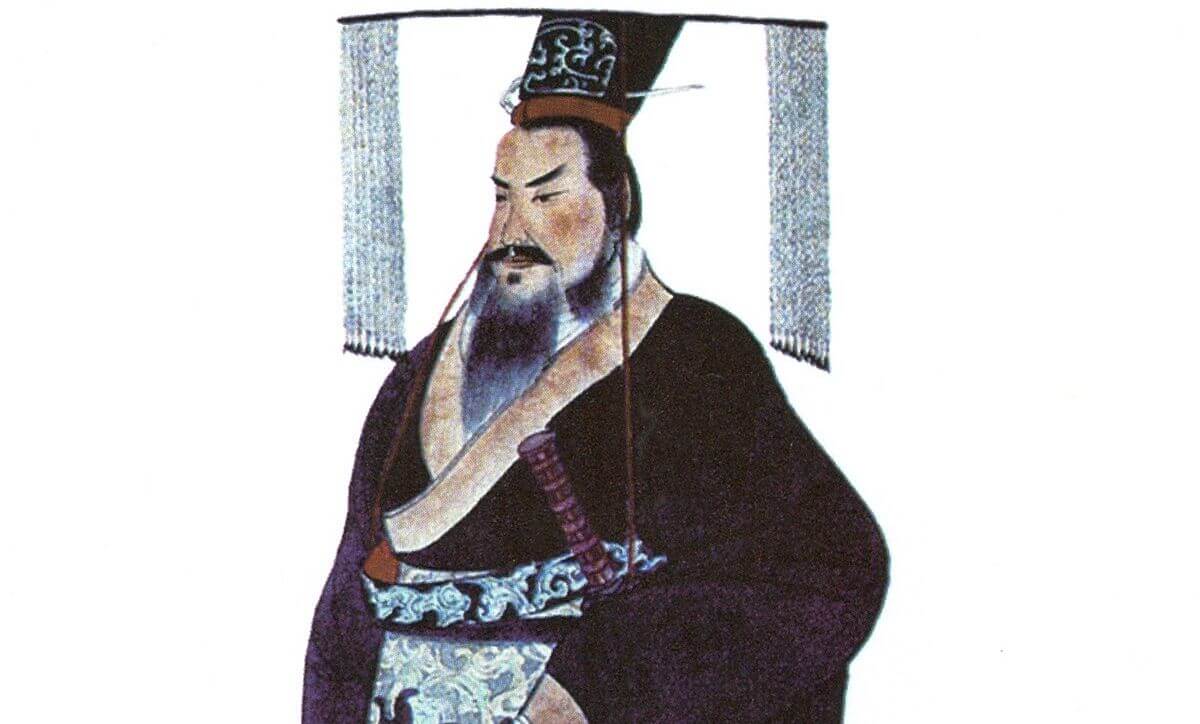Archaeologists have found out that the first Chinese emperor tried to find the elixir of immortality
- Get link
- X
- Other Apps

No one will be surprised by the fact that people, endowed with power, are constantly looking for a way to extend their lives. It seems that it was always like that, even thousands of years ago. Take at least the first emperor of the centralized Chinese state, Qin Shi Huangdi, who founded the Qin dynasty and ruled until 210 BC. Recently discovered by archaeologists, ancient documents shed light on the fact that the emperor in every way tried to find a mystical elixir that gives a person eternal life.
Qin Shi Huangdi (real name Yin Zheng) was born in 258 BC and by lucky coincidence, at the age of 13 he received the throne of Qin Wang. After attaining his majority, Ying Zheng concentrated in his hands all the power available to him. During his reign, he conquered all six warring states of China, uniting them, thereby creating a single nation, whose emperor he eventually became. This is what allowed Ying Zheng to enter the world history as one of the most ambitious and famous rulers.

At that time, important events, as well as imperial decrees, were recorded on strips made of wood or bamboo. In 2002, an abandoned well was discovered in the central Chinese province of Hunan, at the bottom of which archaeologists found more than 36,000 such historical documents. Scientists from the Institute of Archeology of Hunan Province analyzed 48 documents related to medicine and were surprised to find among them the decree of Emperor Qin Shi Huangdi about the search for an elixir of immortality throughout the territory of imperial China, including the most remote border settlements.
"At that time, the distribution of the decrees of the emperor was not a matter of the lungs, because it required a lot of effort and human resources. Do not forget that in ancient times, transport and information infrastructures were not developed, "says the author of the study Zhang Xinhua.

Among the documents there were reciprocal messages to the Imperial Palace from various settlements. For example, one of them reported that in the city called Dusiang, the elixir of immortality is still not found, and the inhabitants of another city located on the territory of the modern province of Shandong, offered the ruler to taste the herbs from the local mountain, which, according to city doctors, had amazing medicinal properties. Be that as it may, the emperor never succeeded in discovering a mythical remedy to prolong his life.
In fact, the obsession of the first Chinese emperor with immortality was known to archaeologists long before the discovery of these documents. According to other ancient documents, Qin Shi Huangdi used cinnabar (mercury sulphide) as food, hoping that this would prolong his life a little. It's ironic that then no one knew that mercury was poisonous. And it is not at all surprising that the legendary emperor lived only 39 years as a result of similar experiments with his health. In his tomb, as you probably know, were installed more than 8,000 terracotta statues, personifying his personal army. The vault of the tomb was covered with pearls imitating the starry sky, and mercury rivers flowed along the floor, because Qin Shi believed in her magical properties until the last sigh.
The article is based on materials .
- Get link
- X
- Other Apps
Comments
Post a Comment